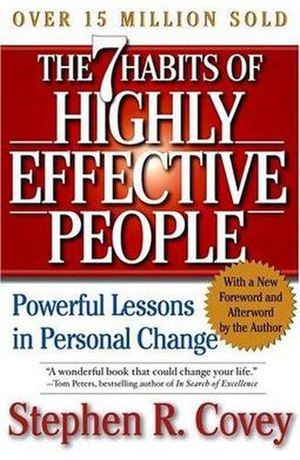 Image via Wikipedia
Image via WikipediaChristine Whelan is a student of the self-help movement -- literally. This University of Pittsburgh professor did her doctoral dissertation on the self-help industry and what makes something in this genre a best-seller. Her take? She tells me that while the idea that we can make ourselves better by reading a book is perennially popular (who wouldn't want to improve their lives in 4 hours?) many books fall far short. Here's why:
1. The "real people" are made up.
2. They promise that change is easy.
3. There's probably no evidence.
So which books don't suck? After wading through more than 300 over the years, Whelan is partial to "books that offer solid advice to guide readers step-by-step toward long-term change. These are books that encourage the reader to get back to core virtues like perseverance, honesty, self-control and thrift -- not empty quick-fix solutions." These include Dale Carnegie's "How to Win Friends and Influence People" (1937), M. Scott Peck's "The Road Less Traveled" (1978), Samuel Smiles' "Thrift" (1876!), Stephen Covey's "7 Habits of Highly Effective People" (1987) and a few other dark horse ones,

No comments:
Post a Comment